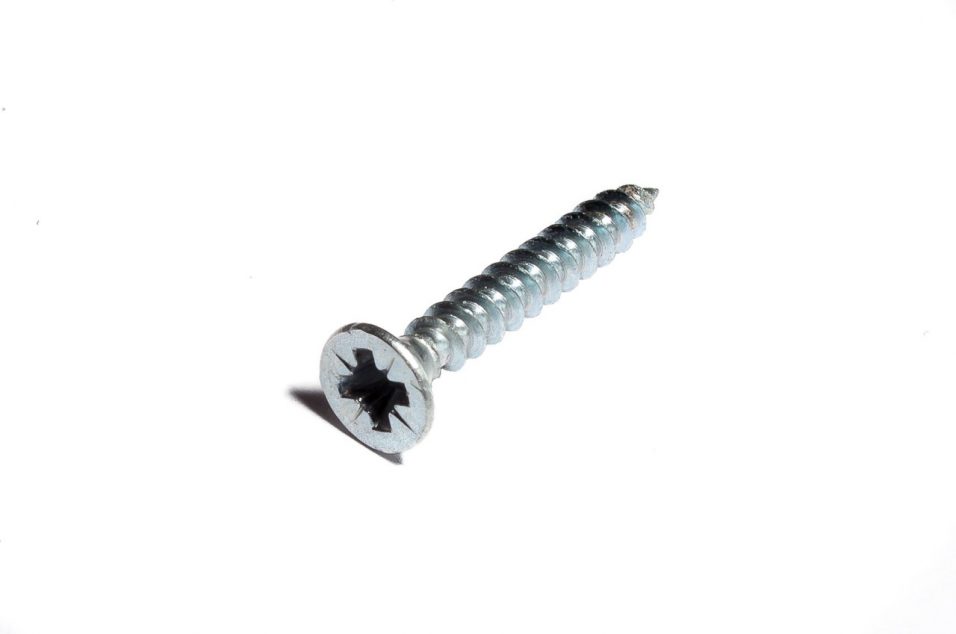This topic was suggested by Jon Gawne.
Internet Lawyers will give you a lot of vaguely troubling advice around the publishing business, mainly obsessing over all the many ways that you will be screwed over by the companies that publish you. If you listen to Internet Lawyers, of course, you’ll find yourself more or less not doing anything out of sheer terror, or doing a lot of ridiculous and useless stuff like mailing yourself your manuscripts so you can prove authorship timelines and such (or maybe, like me, you’re just lonely and like mailing yourself stuff).
But how prevalent is being screwed over by a publisher? In my narrow experience, not very.
Commence Screwage
Now, I should note in very firm language that this is my personal experience as a writer; I’m not saying people have not been and will not ever be screwed over by publishers. That shit does happen, and when it happens to a writer it can be anything from mildly annoying to outright devastating, depending on how much money is involved and how it impacts their career otherwise.
All I’m saying is that in my personal experience most publishers aren’t out to screw you. Sure, they will send you a contract that’s weighted in their favor. And by design publishing endeavors to avoid paying the author monies owed for as long as possible. But if you’re working with a legit publisher and have someone like an agent advising you on the contract, generally speaking you’re good.
The closest I’ve come to being screwed, in fact, was with my first novel, Lifers. My deal there hit the trifecta of asking for trouble:
- It was a very small publisher.
- I didn’t have an agent or a lawyer review the contract.
- I wasn’t terribly proactive.
I was offered a $1,000 advance for Lifers, payable in three installments—upon signing the contract, upon delivering the manuscript, and upon publication. I got the first installment just fine. When I handed in the book, I expected a check for $333 but never got it. When the book published I expected a check for $666 and never got it. This while going through the humiliating motions of filling out sales slips when I hand-sold a copy, because this was 2001 and the Internet was still a work of science fiction according to most publishers.
Long story short, I’d ordered a bunch of author copies of my novel, which the publisher charged against my account, meaning I ate up much of my advance that way. Still, years later my wife spent an inordinate amount of time on the phone battling for royalties and whatever else might be owed, and three years later I did indeed get a check for $255.
How can you avoid getting screwed over? You can’t, not totally, but you can minimize the risk by following some basics:
1. Always have you contracts reviewed by someone knowledgeable—an agent, a review specialist, an attorney who specializes in publishing deals.
2. Follow up on payments. The second they’re late, get on the phone and hit the email. Often when companies are going down there’s a limited amount of dosh to plug holes with, and the first person to complain gets the check.
3. Be wary of Kickstarter projects or similarly funded projects. Everyone might mean well, but if you don’t have the money to set up your publishing empire properly, the chances your writers get paid is exponentially lower.
4. Remind yourself that your work has value and you deserve to be paid.
The bottom line is, publishing is not some complex confidence game designed to scam you out of your hard-won money, so don’t get paranoid. On the other hand, publishing is often run by the same incompetent types who run everything else, so do be careful. Plus, as I can attest, there is a lot of drinking in the publishing world. A lot.

